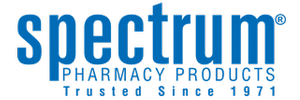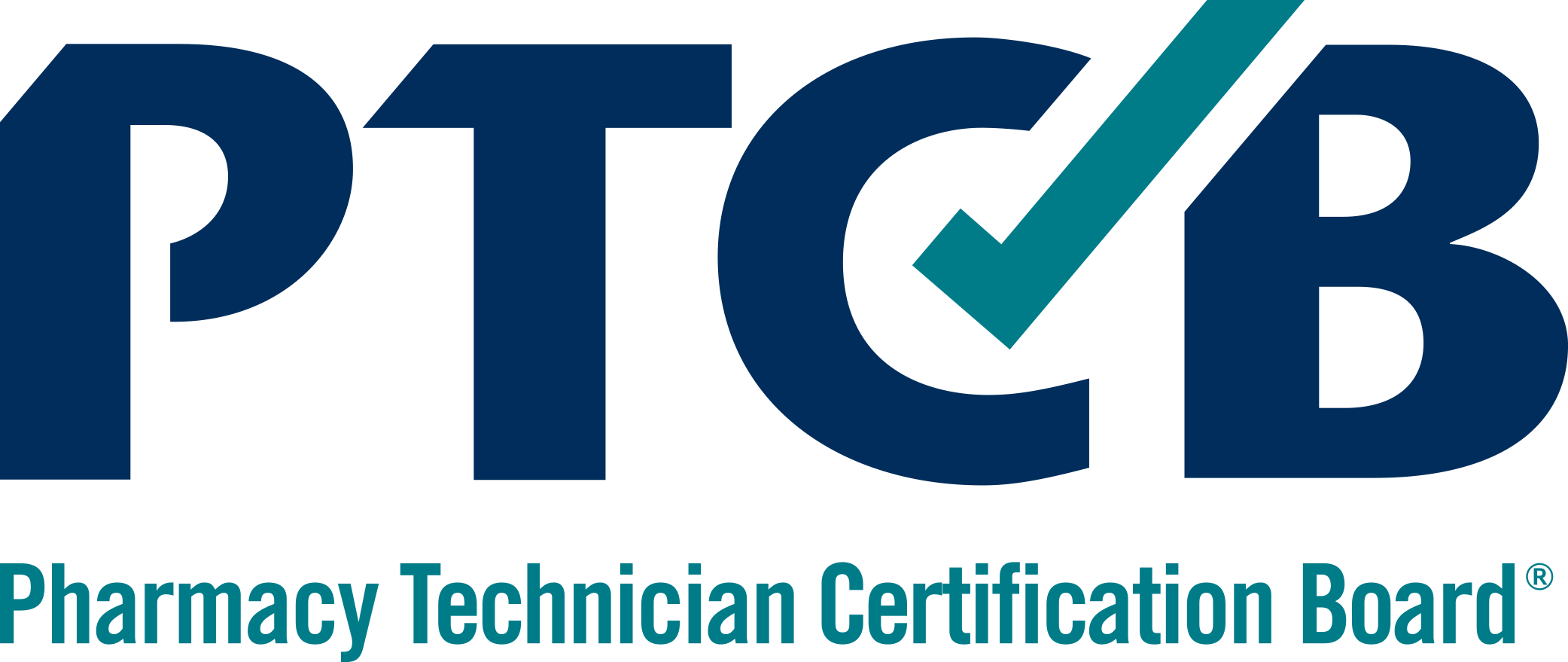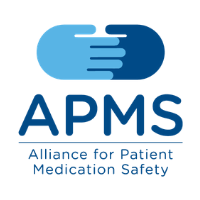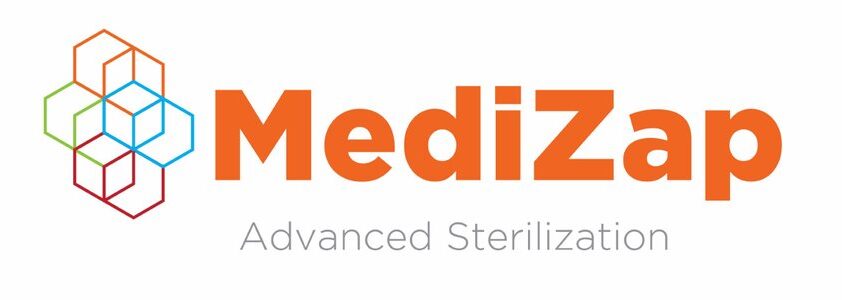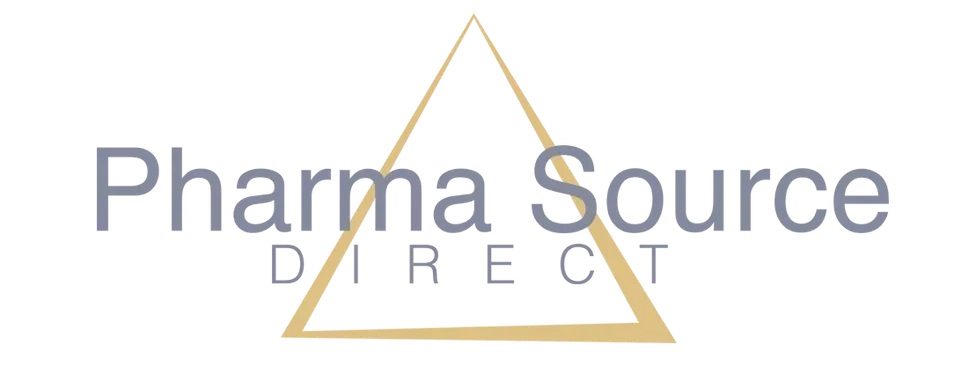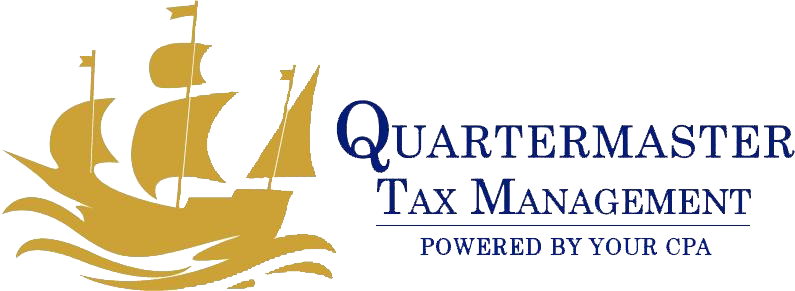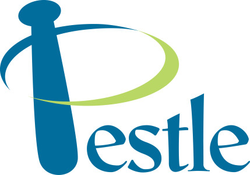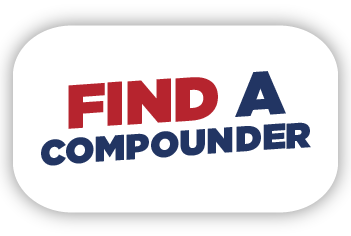February 2, 2022
Pharmacies and drug shortages
When FDA determines that certain manufactured drugs are in shortage, who’s there for you? Who fills the gaps? Who can literally make those medications on the spot? Your compounding pharmacist.
One of the most important but unsung reasons to compound a medication is a drug shortage — when there is a disruption in the pharmaceutical supply chain and pharmacies are unable to access a particular manufactured drug to dispense to patients. Have you ever been told, “I’m sorry but we can’t get that right now”?
Drug shortages continue to be a problem all over the world. There are many reasons drug shortages occur. The most common issue is a temporary back-order due to a manufacturing issue.
In 2009, there was a three-month long drug shortage of erythromycin ophthalmic ointment due to a change in manufacturers. Why is that even important? Three months isn’t that long, right? Well, every baby born in the U.S. gets that ointment administered to their eyes within an hour of being born. Why? To prevent bacterial infections, like neonatal conjunctivitis, which can be acquired during birth. Untreated, these infections can cause serious problems including blindness. There are more than a million babies born in the U.S. in a three-month period. That’s a big impact.
Last spring and summer, America was faced with drug shortages of 13 critical sedatives, opioids, and paralytic drugs due to an imbalance in supply and demand. Covid-19 increased the demand for IV medications used prior to a patient being put on a ventilator. Manufactures couldn’t keep up with the demand and hospitals struggled to find those necessary and life-saving drugs.
Fairly often, we see temporary drug shortages of Tamilfu (oseltamivir phosphate), used to treat seasonal flu. Other reasons for drug shortages include drug recalls due to safety issues, difficulties acquiring the raw materials, regulatory issues, and even natural disasters. In 2017, Category 5 Hurricane Maria devastated Puerto Rico, severely impacting manufacturing of sterile saline solution IV bags used in hospitals to administer medications. In 2018, the FDA was monitoring a list of 90 medical for hurricane-related shortages, including 40 or so drugs.
The impacts of drug shortages on patients and the entire healthcare system are real. Drug shortages have been reported to have adverse economic, clinical, and psychological outcomes on patients. In a 2019 review, patients were more commonly reported to have increased out-of-pocket costs, rates of drug errors, adverse events, mortality, and complaints during times of drug shortage.
In all these instances of drug shortages, compounding pharmacists came to the rescue!
- In 2009, compounding pharmacists made erythromycin ophthalmic ointment so newborn babies could be treated.
- In 2018, compounding pharmacists made sterile saline solution for IV bags so doctors and nurses could focus on patient care.
- In 2020, compounding pharmacists stepped up to fill in the gaps of critical hospital-administered Covid-19 medications that were in shortage.
- Also last year, compounding pharmacies across the country prepared hand sanitizer for the general public as well as for healthcare and front-line workers. The FDA provided special clearance for pharmacies to be able to compound hand sanitizer without a prescription. Typically, over-the-counter drugs and products may only compounded if they are formally on FDA’s shortage list or, as with hand sanitizer, with FDA approval.
For years, compounding pharmacists have been meeting the demands of drug shortages, so patients do not feel the brunt of the lapse in the system. We will continue to be there for you when it comes to accessing critical medications.
Brought to you by the
Partnership for Personalized Prescriptions and

Find a compounding pharmacy here.
Connect with P3 on social media! Please “like” or “follow” our pages and we will provide updates about compounding can help you and your family, and how to advocate to protect your access to customized medications.
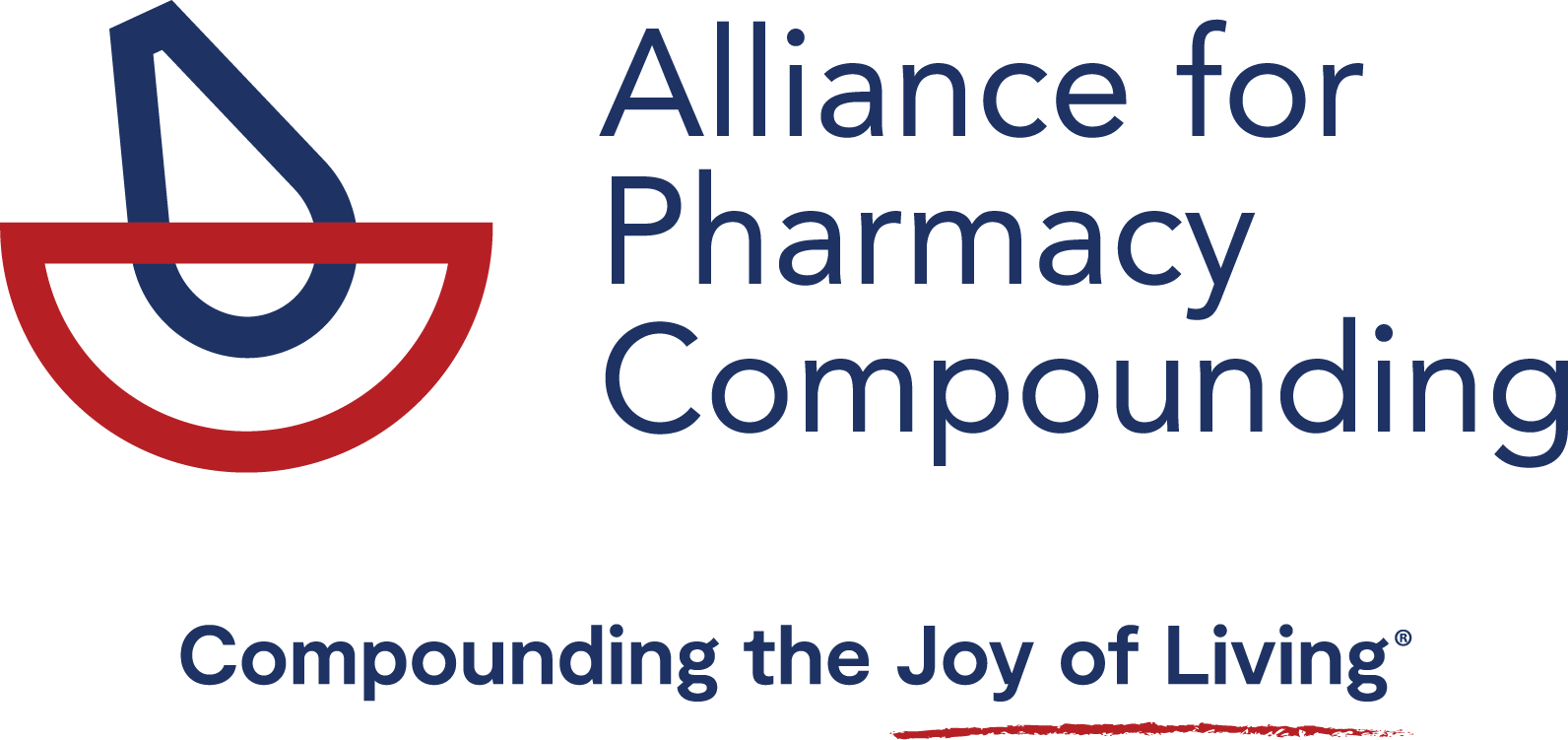
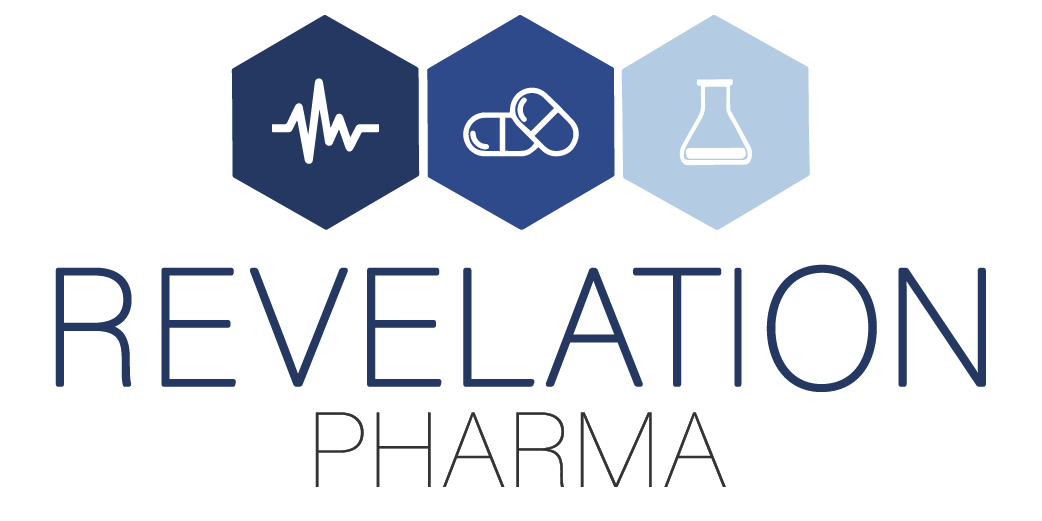
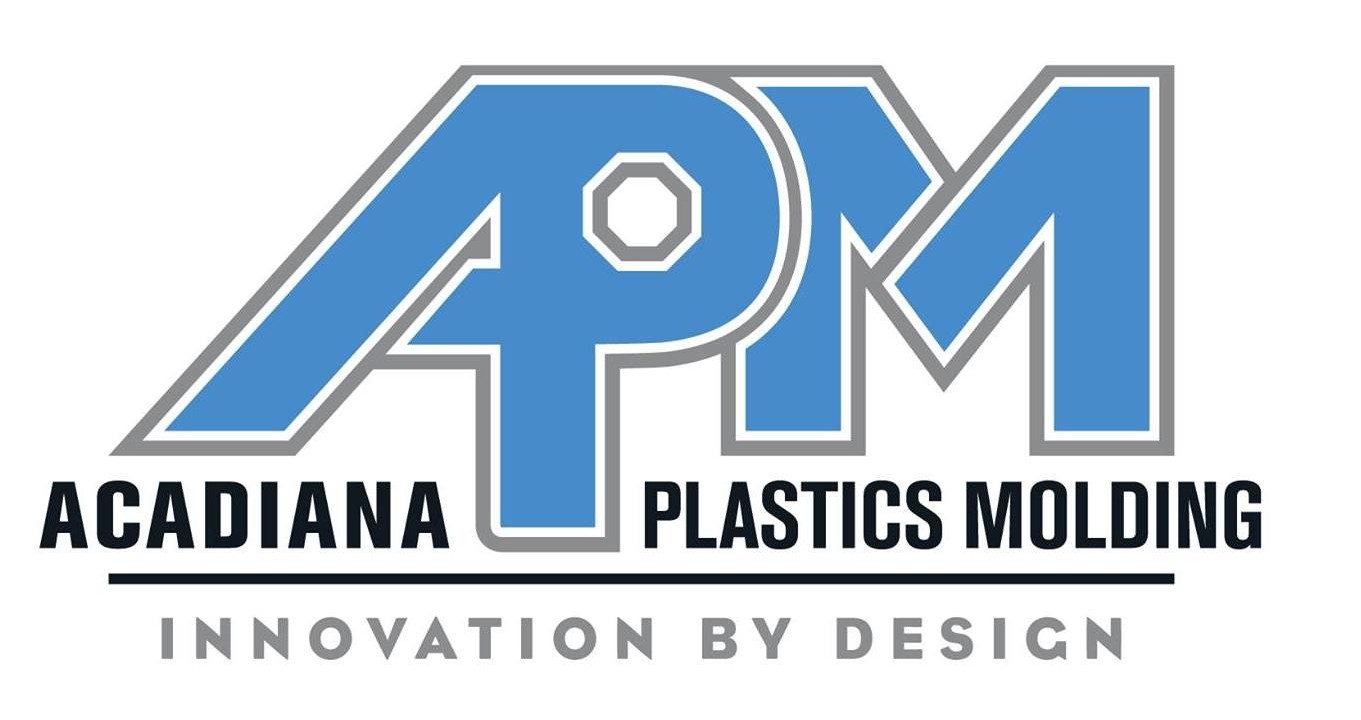


![Topi-CLICK a Division of TEAM Outlines[1]](https://a4pc.org/files/Topi-CLICK-a-Division-of-TEAM-Outlines1.png)



